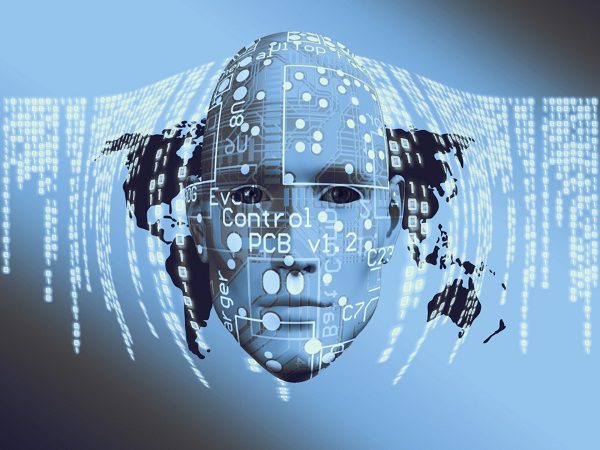
By Shubham Jhuria
Investing, especially in the private market, will always demand a significant element of human intelligence to assess aspects that no data model can fully capture. Consequently, any AI assistance moving forward should complement and support the human decision-making process rather than attempting to replicate it.
In the venture capital (VC) world, the uncertainties often outweigh the certainties, necessitating the application of human intelligence. However, there still exists a substantial amount of known factors and tangible information that can be computed for our benefit.
Several companies have already developed AI models to automate various processes, both internal and external, and created data models to reduce human dependency and enhance decision-making capabilities. The role of AI in the VC industry can follow a similar trajectory.
Let’s look at some basic function of a VC fund and how AI can play a role –
- Deal Flow – The management of deal flow varies among different types of VCs, including public platforms, inbounds, closed exclusive lists/deals/groups, and investment bankers. Additionally, there is a significant outbound element depending on the thesis of the respective fund. AI can be harnessed in this context to enhance inbound management and offer more curated deals by comprehending the fund’s thesis and ethos. This can be achieved through the creation of platforms or by enabling already established ones.
- Market Analysis and Study – AI processes have significantly improved industry breakdowns. Individuals, from students to working professionals, are utilizing various tools to scrape through online information and gain insights. AI can assist investment teams in funds by creating market studies and comprehending the scope within industries before delving deeply. This aids in understanding the business landscape within each industry, facilitating outreach to relevant startups.
- Due Diligence – The due diligence (DD) process follows a comprehensive checklist, with the majority of checks remaining constant across industries and stages. This manual, repetitive process involves evaluating legality checks, conflicts, obligations, compliances, etc., to assess the risk associated with the investment. While AI cannot replace the entire process, it can expedite and simplify it for respective teams by automating certain verification and documentation processes to identify common green and red flags within deals.
- Founder Identification and Analysis – This is a crucial part of any investment decision-making process. I don’t foresee a significant impact of AI in this area, as I believe the experience of investment teams in working with different business leaders and understanding their functioning plays a substantial role in founder assessment.
- Providing portfolio support and value – Support for portfolio companies varies across functions and can include software perks, credits, hiring, marketing, strategy, and network support. While some low-hanging value additions can be automated, true value comes from personalization, which AI cannot fully achieve today but has the potential to improve over time with more available information.
- Exits – Engineering exits is a prolonged process involving multiple variables and possibilities. AI can assist in buyer matching, market research, valuations, expectations, integrations, etc. However, striking the right deal still requires a substantial amount of relationship building and culture matching, making it a human-intensive effort that will persist.
The future trajectory for the Venture Capital Industry involves not only investing in AI but also embracing it for internal optimizations to reduce time spent on repetitive and replicable tasks. The emphasis should persist in predicting the future of respective industries and economies, coupled with genuine relationship building.
The author is partner, CFO, Aeravti Ventures





